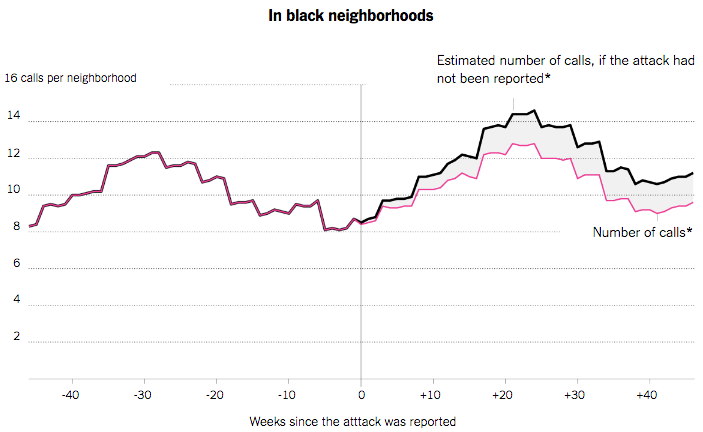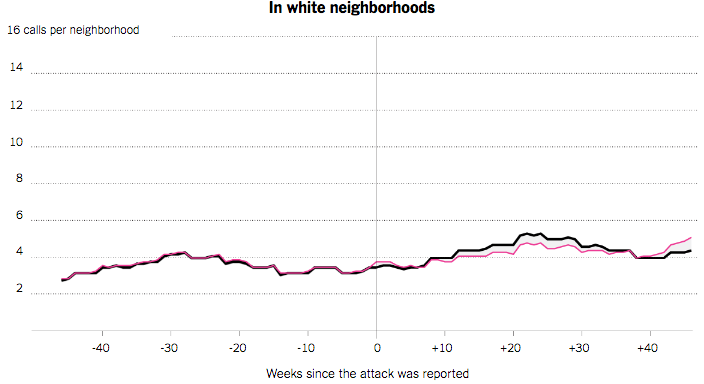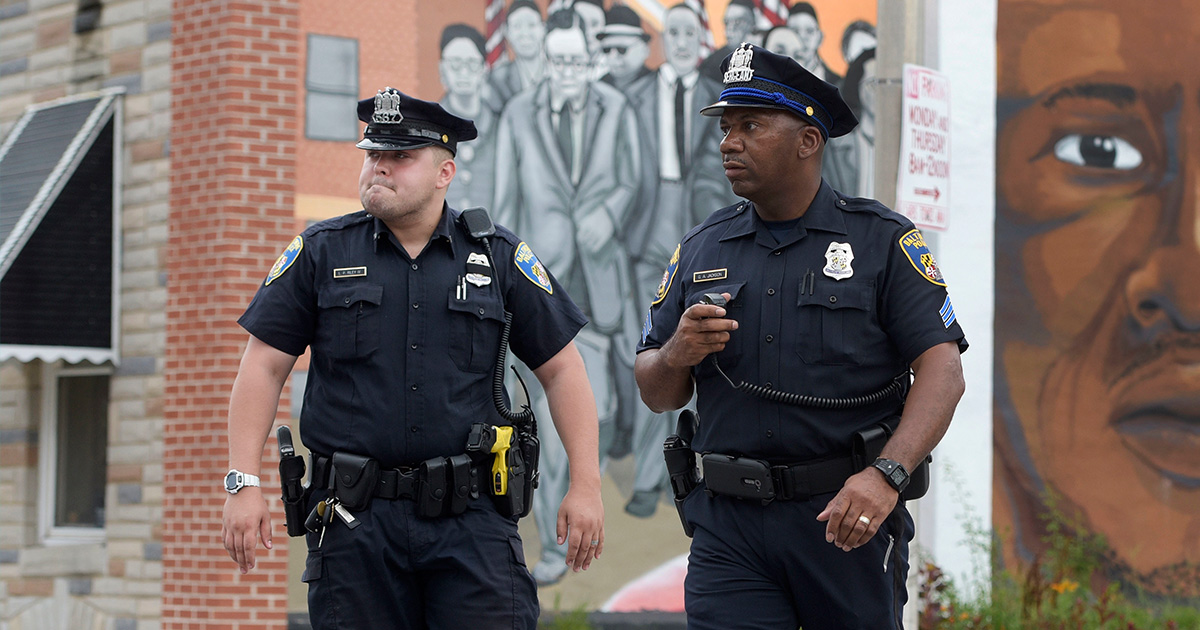How Police Misconduct Affects 911 Calls

By:
Highly publicized incidents of police misconduct may lead to a decease in 911 calls from black communities, a new study found. The research has illustrated how distrust in police develops after high-profile incidents, putting black communities in particular at risk.
_0.jpg?auto=format&crop=faces&fit=crop&q=60&w=736&ixlib=js-1.1.0) Flickr/Tony Webster - flickr.com
Flickr/Tony Webster - flickr.com
The study, which will be published in the October issue of American Sociological Review, focused on 911 call data in Milwaukee, Wisconsin. Researchers analyzed over 1 million calls to the city's emergency dispatch centers from March 2004 to December 2010, and they found that calls from mostly black communities consistently declined for about a year in response to police misconduct. Take the case of Frank Jude, a biracial man beaten by white, off-duty police officers in 2004, for example.
After the beating was picked up in a local newspaper, setting off protests throughout Milwaukee, dispatch centers received 17 percent fewer calls (about 22,000 calls.) The reduction seemed concentrated in black communities, as The New York Times visualized here:
 The New York Times - nytimes.com
The New York Times - nytimes.com
 The New York Times - nytimes.com
The New York Times - nytimes.com
"Once the story of Frank Jude’s beating appeared in the press, Milwaukee residents, especially people in black neighborhoods, were less likely to call the police, including to report violent crime," sociologist David Kirk, one of the study authors, said in a statement. "This means that publicized cases of police violence can have a community-wide impact on crime reporting that transcends individual encounters."
 AP/Steve Ruark - apimages.com
AP/Steve Ruark - apimages.com
Explaining the Ferguson Effect?
The study could shed more light in the debate over the so-called "Ferguson Effect," a term coined by St. Louis Police Department Chief Sam Dotson, who argued that since the highly publicized killing of unarmed black teenager Michael Brown by white Ferguson Police Department officer Darren Wilson, law enforcement officers had become reluctant to do their jobs because they were afraid of coming under media scrutiny. The Ferguson Effect was further popularized by journalist Heather Mac Donald, who wrote about it in her 2016 book, "The War on Cops."
However, critics have said that there are too many factors at play to fully assert that the Ferguson Effect is alone responsible for the increase in violent crime reported in several American cities in 2015.
This study suggests that one of those factors could be communities losing trust in law enforcement. The study concludes that "[B]y driving down 911 calls" these high profile incidents "thwart the suppression of law breaking, obstruct the application of justice, and ultimately make cities as a whole, and the black community in particular, less safe."
